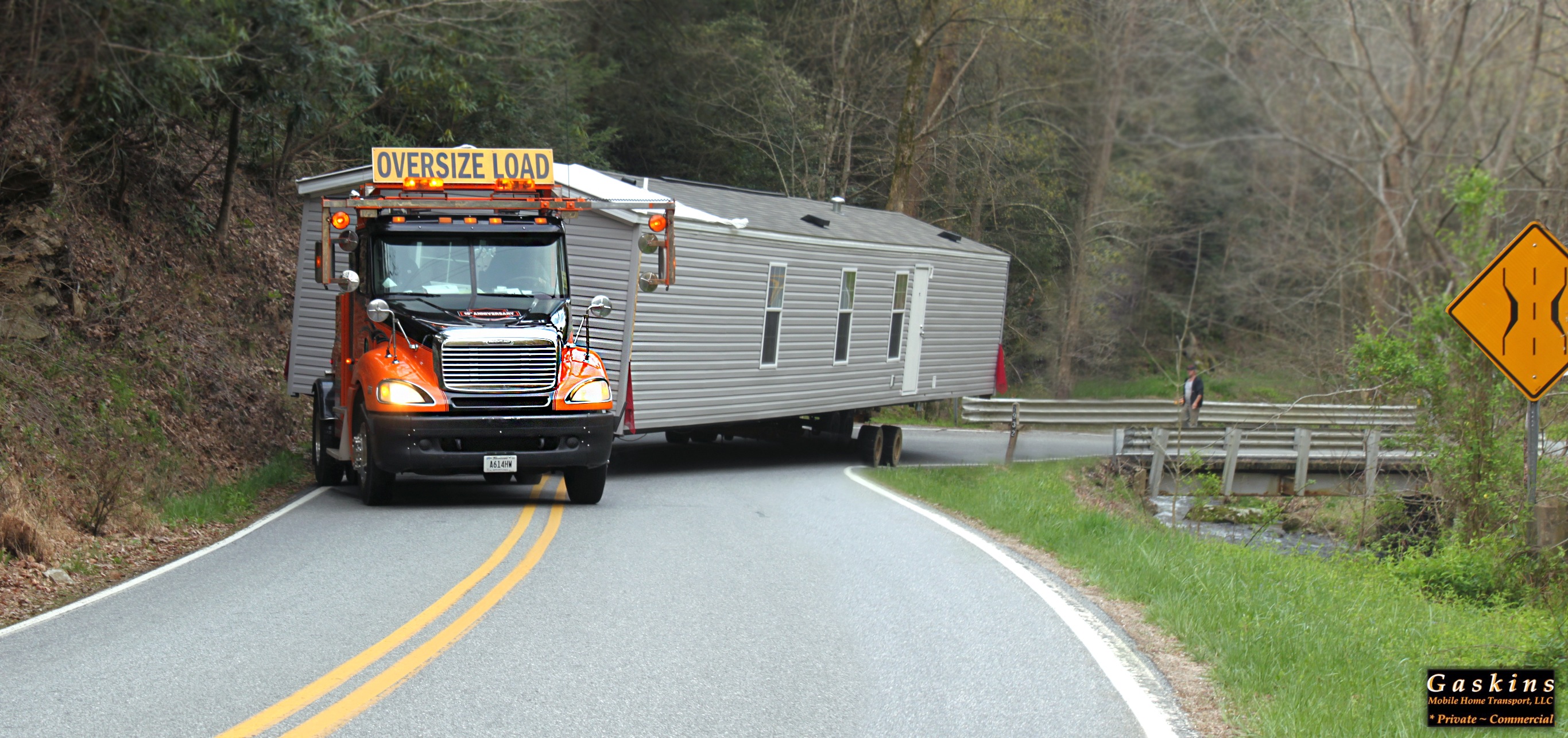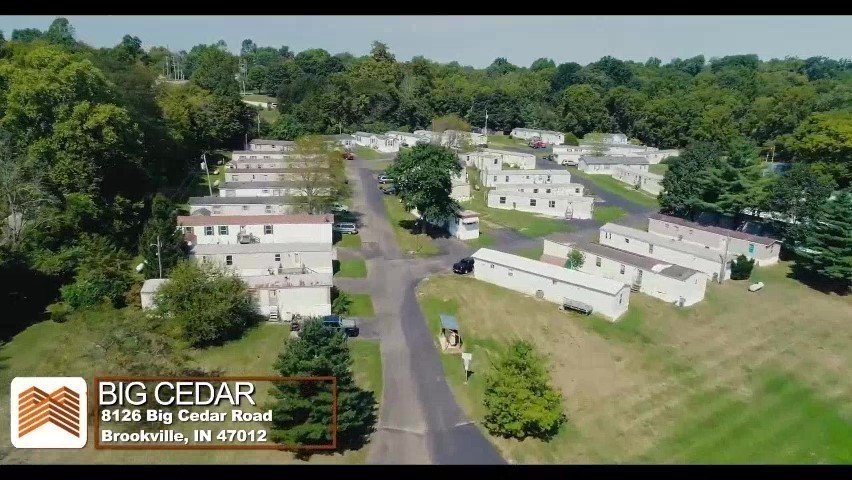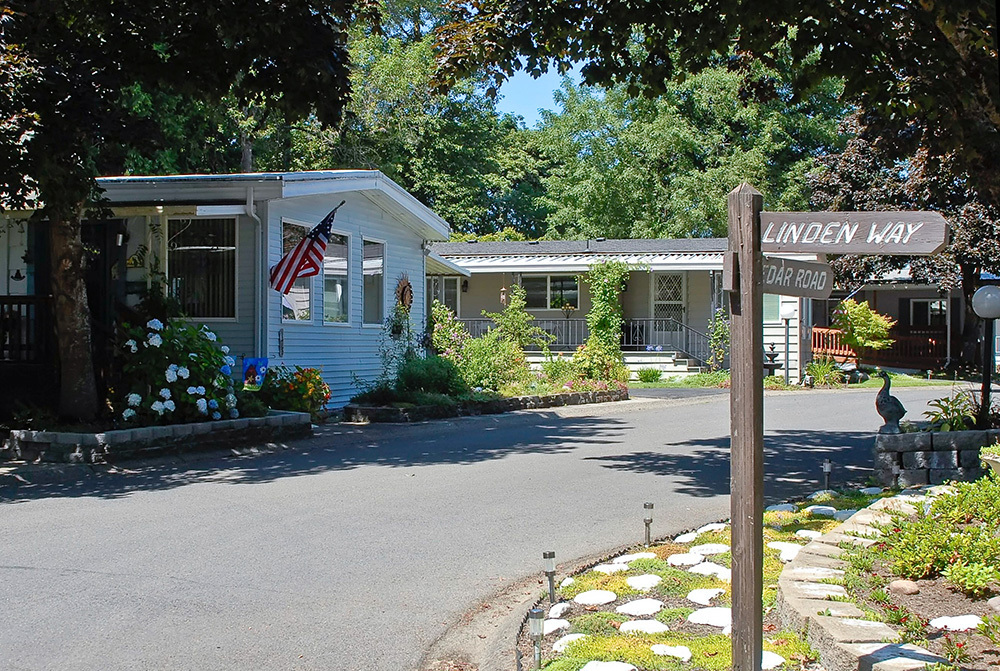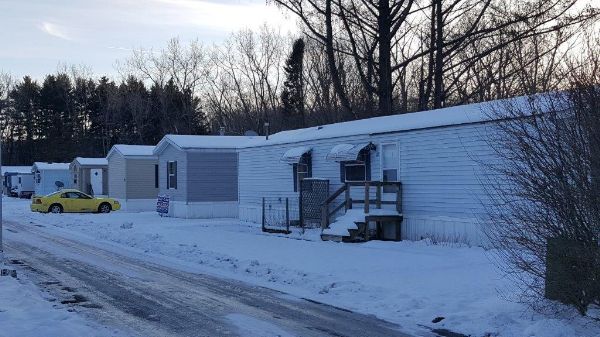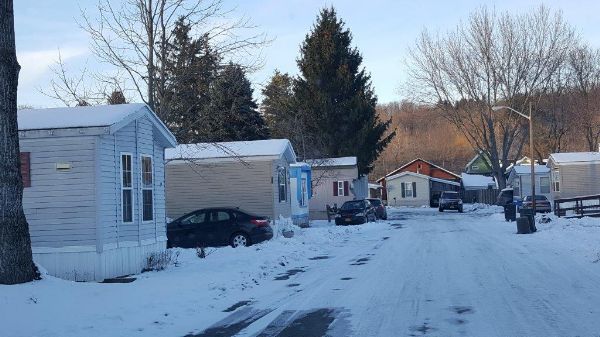Table of Content
Higher MERV ratings aren't always necessary and can decrease your unit's efficiency. The best MERV rating will be the one that suits your needs and lets your unit run efficiently. One of the best ways to determine what MERV rating you should use is to compare the options side-by-side. Below is a quick rundown with details on some of the most common MERV ratings for air filters. Usually, 1” air filters require replacement every two to three months, while larger box-style filters 4” thick can last up to a full year.
Remember that higher MERV ratings mean that your HVAC system will have to work harder to pull air through, so double-check that the system can handle it. Minimum Efficiency Reporting Values, or MERV ratings, are a scale used to rate your air filter’s ability to trap particles. Values range from 1 to 16 and serve various purposes, mainly the particle size they can capture. For starters, it filters everything that a Health Shield does, which includes pollen, dust, dust mites, mold, bacteria, and pet dander. Then, it also filters out cooking oil smoke, smoke, smog, AND virus carriers.
How often to change merv 11 filter?
A MERV rating is important because it helps you understand an air filter’s effectiveness so you can choose the right one for your particular needs. For example, if you have someone in your home who suffers from allergies, you may want a higher MERV rating. While you may automatically think that a higher MERV rating means a better air filter, that's not always the case.

Consent to contact doesn’t require you to purchase service. Please note you may be matched to one of our trusted partners such as Craft Jack or Angi. By using this service, you agree to our Terms Of Service as well as to Angi Terms of Service and Privacy Policy. Homeowners with more than one pet in the home and those who have severe allergies. Last, but most definitely not least, we have our Health Shield MERV 13 filter. Also, anyone who has mild allergies or is just looking for additional filtration.
How Do True HEPA Filters Compare to HEPA?
In general, filters with higher MERV ratings are more effective and improve air quality, but they are also more expensive. MERV 10 – MERV 12 air filters are able to trap particles as small as 1 micron such as automobile exhaust, pollen, and mold spores. Homeowners can use several types of air filters in their home’s HVAC system. It is vital that you choose the right filter for your home, as they eliminate particles circulating in the air. He brings expert knowledge of a myriad of home air filtration topics including HVAC filters, filtration efficiency, and indoor air quality. Their filters capture more than 85% of the particles that normally end up in your home’s air.
The best MERV rating for your home will depend on what you want to filter and the amount of airflow your HVAC system needs to operate. 13-16 MERV – Filters in this category are used in hospitals and clean rooms, where airborne contaminants must be almost completely eliminated. These are not recommended for residential use as they restrict airflow and can damage your heating and cooling system.
Is merv 13 too restrictive for residential?
If you want to use a MERV 13 filter, ask an HVAC specialist whether your system can handle it. However, don’t add a MERV 16 filter to your shopping list just yet. Just because it has the highest efficiency doesn’t mean it fits your home’s system.

And keeping them clean is a good way to reduce your AC energy costs. Here at Essential Home & Garden, we get tons of questions about MERV ratings on air filters. A merv rating of 13 to 16 is considered hospital-level air quality, so it's unlikely that your home will need more than... So, the best rating for residential homes is somewhere in the middle – something that will filter a considerable amount of particles while still allowing adequate airflow.
Additionally, some crafty HVAC pros will put a filter size label near the filter compartment, along with the dates you need to change it. However, UV filters are not the best for filtering out dust particles and other kinds of contaminants, and you should use them in conjunction with a MERV filter. Our Essential+ filter has an initial pressure drop that's slightly higher than the Essential+, but not by anything significant as it comes in at about 0.03 WG.
While higher Merv ratings are the most effective for air quality, they can damage your HVAC system. Check your filter monthly and replace it when you notice it’s too dirty for the best results. This will provide optimal filtration, which allows for cleaner air circulating in your home. As we mentioned before, there are several different air filter types. Each filter material serves a different purpose, and there are also subsets within these categories to further accommodate specific needs.
Depending on where you live and work, the outdoor air entering your lungs can be a nightmare combination of harmful particles. Most people are aware of outdoor air pollution, and what hazy weather really means. A MERV 11 filter traps all that stuff plus pet dander, smoke, smog, and airbornes from coughs and sneezes.
Use the highest-rated MERV filter your furnace can handle for the best filtration and cleanest indoor air. MERV ratings range from extremely low to exceptionally high . The rating indicates the size of particles the filter can effectively remove from circulating airflow. The MERV rating on an air filter is a critical factor to keep in mind.
Generally, a merv rating between 6 and 13 meets the needs of most residences. This range offers a good balance between air filtration, air flow and affordability. If you select an air filter with a merv 13 rating, it can last up to six months before it needs to be replaced.
As the MERV rating goes up, the filtration efficiency requirements get more stringent. The MPR rating system is an air filter rating system created by 3M. Using MERV 5-8 filters will keep your HVAC system more efficient than using higher-rated filters, as long as you replace your filters regularly. Below I’ll discuss what to look out for when selecting an air filter and what MERV rating is best for your home.
The Difference Between MERV and HEPA Air Filters
However, you get better results with changes every month or two. MERVs over 12 work well in commercial or industrial buildings, like hospitals. Your home shouldn’t contain the same dangerous particles as an industrial structure. It also doesn’t need the level of sterility required at hospitals.







